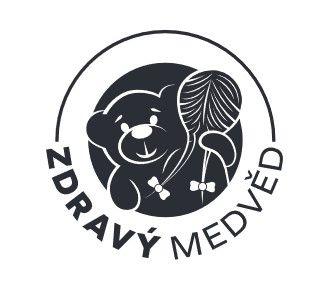Selenium
Characteristics: Selenium is a trace element that occurs naturally in many foods and is available as a dietary supplement. Nutritionally essential for humans, selenium is a component of more than two dozen selenoproteins that play essential roles in reproduction, thyroid hormone metabolism, DNA synthesis, and protection against oxidative damage and infection. Selenium exists in two forms: inorganic (selenate and selenite) and organic (selenomethionine and selenocysteine). Both forms can be a good dietary source of selenium. Soils contain inorganic selenite and selenates, which plants accumulate and convert into organic forms, mostly selenocysteine and selenomethionine. In animal and human tissues, most selenium is bound to proteins. Skeletal muscle is the main site of selenium storage, accounting for approximately 28‒46% of the total amount of selenium.
Absorption: Selenium is easily absorbed, especially in the duodenum and in the cecum and colon. Vitamins A, E and C can affect the absorption of selenium. Selenium enters the body in two main forms: Se-methionine, which comes from plants, and Se-cysteine, which is obtained mainly from animal selenoproteins.
Dietary Supplements: Selenium is available in multivitamin/multimineral supplements and as a stand-alone supplement. It is often found in the form of selenomethionine or selenium-enriched yeast (grown in high-selenium medium) or as sodium selenite or sodium selenate. The human body absorbs more than 90% of selenomethionine, but only about 50% of the selenium from selenite.
Natural sources: Brazil nuts, seafood and offal are the richest sources of selenium. Other sources include meat, grains, brewer's yeast, garlic, and dairy products. The amount of selenium in each type of plant-based food depends on the amount of selenium in the soil and several other factors, such as soil pH, the amount of organic matter in the soil, and whether the selenium is in a plant-accessible form. The selenium content of the soil affects the amount of selenium in the plants that animals eat, so the amount of selenium in animal products also varies. However, soil selenium concentration has less effect on selenium levels in animal products than in plant foods because animals maintain predictable tissue selenium concentrations through homeostatic mechanisms. In addition, livestock feed contains a specified amount of selenium.
Effect: Adequate selenium intake, and in some cases supplementation, may reduce the risk of certain cancers and heart disease and help improve a number of conditions such as rheumatoid arthritis, asthma, autoimmune thyroiditis, male infertility, depression, and anxiety.
Deficiency: Selenium deficiency is very rare, but it can cause biochemical changes that can lead people with excessive stress to develop certain diseases. Selenium deficiency is also associated with male infertility. Very low concentrations of selenium are associated with loss of immune function, increased risk of cancer, worse prognosis for HIV infection and AIDS, greater incidence of depression, anxiety, confusion, asthma, atopy, and impaired thyroid hormone metabolism (especially if iodine deficiency is also present). .
Recommended daily dose: adult: 55 µg for men, 55 µg for women (60 µg during pregnancy, 70 µg during breastfeeding).
Adverse effects: Nausea, vomiting, nail changes, irritability, and fatigue.
Interactions: Cisplatin, a chemotherapy agent used to treat cancer, may decrease hair and serum selenium levels. Selenium reduces the toxicity of heavy metals such as mercury, lead, arsenic, silver, and cadmium, as it forms inert complexes.
Pregnancy: safe in usual doses.
Breastfeeding: safe in usual doses.
Toxicity: Chronic high intake (>1000 µg/day) of organic and inorganic forms of selenium has similar effects. The first indicators of excessive intake are a garlic smell on the breath and a metallic taste in the mouth. The most common clinical symptoms of chronically high selenium intake, or selenosis, are loss or brittleness of hair and nails. Other symptoms include nausea, diarrhea, skin rashes, stained teeth, fatigue, irritability, and nervous system abnormalities. As mentioned earlier, Brazil nuts contain very high amounts of selenium (68-91 µg per nut) and can cause selenium intoxication if consumed regularly.
Selenium
Chat with us on WhatsApp



